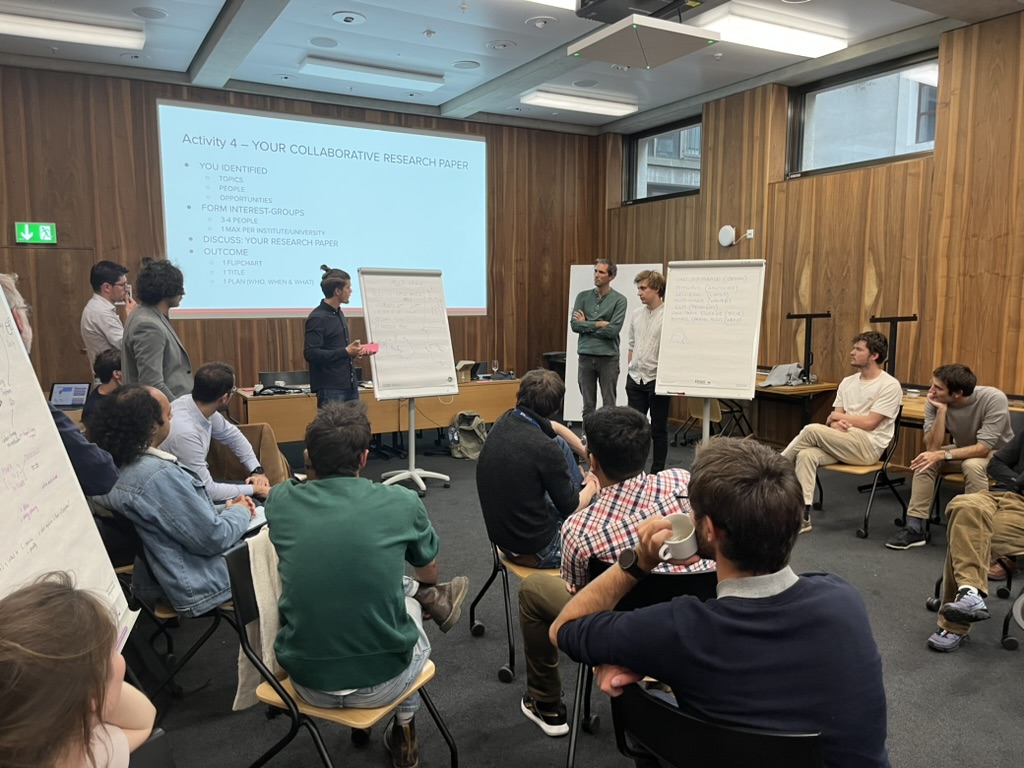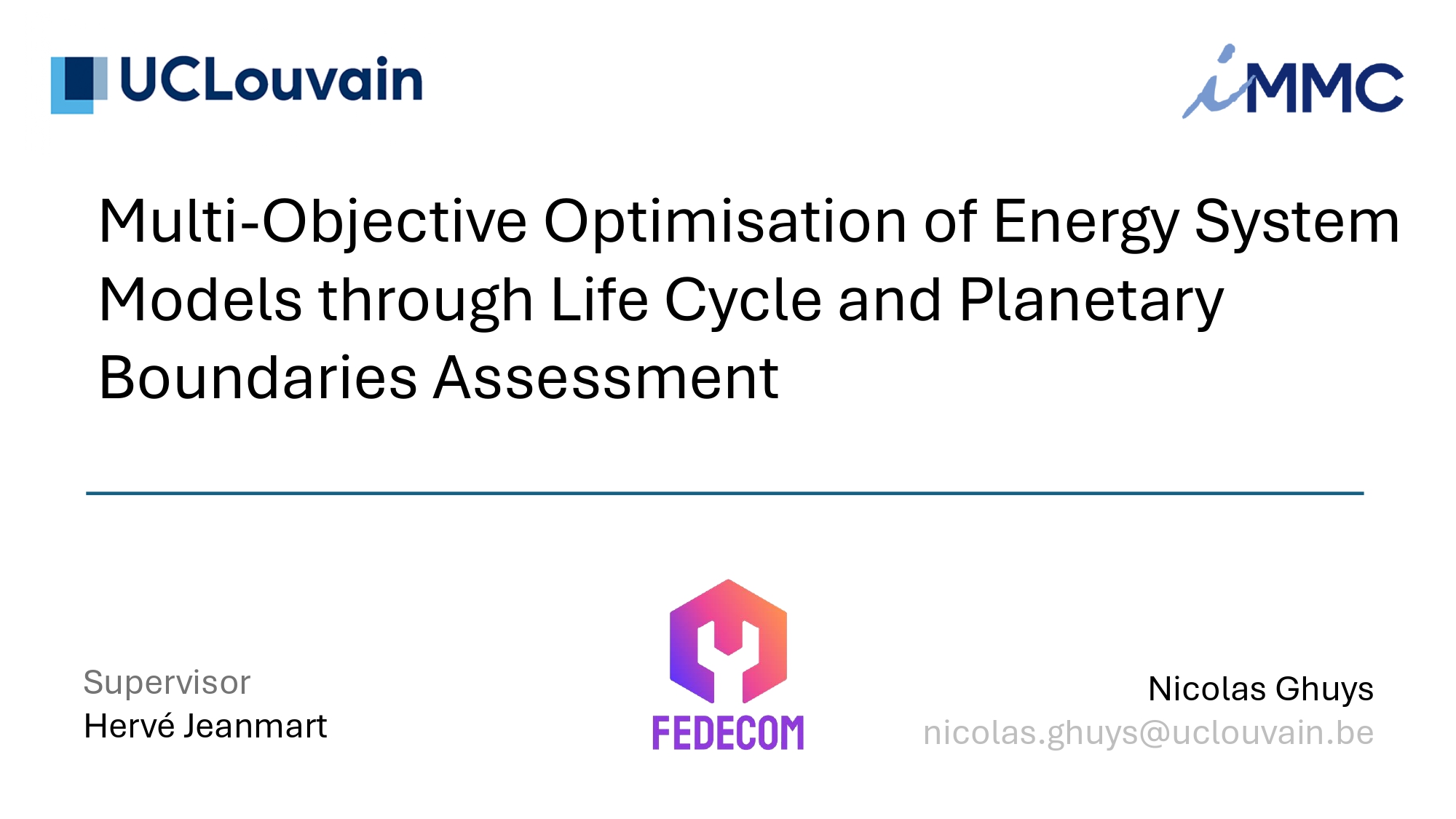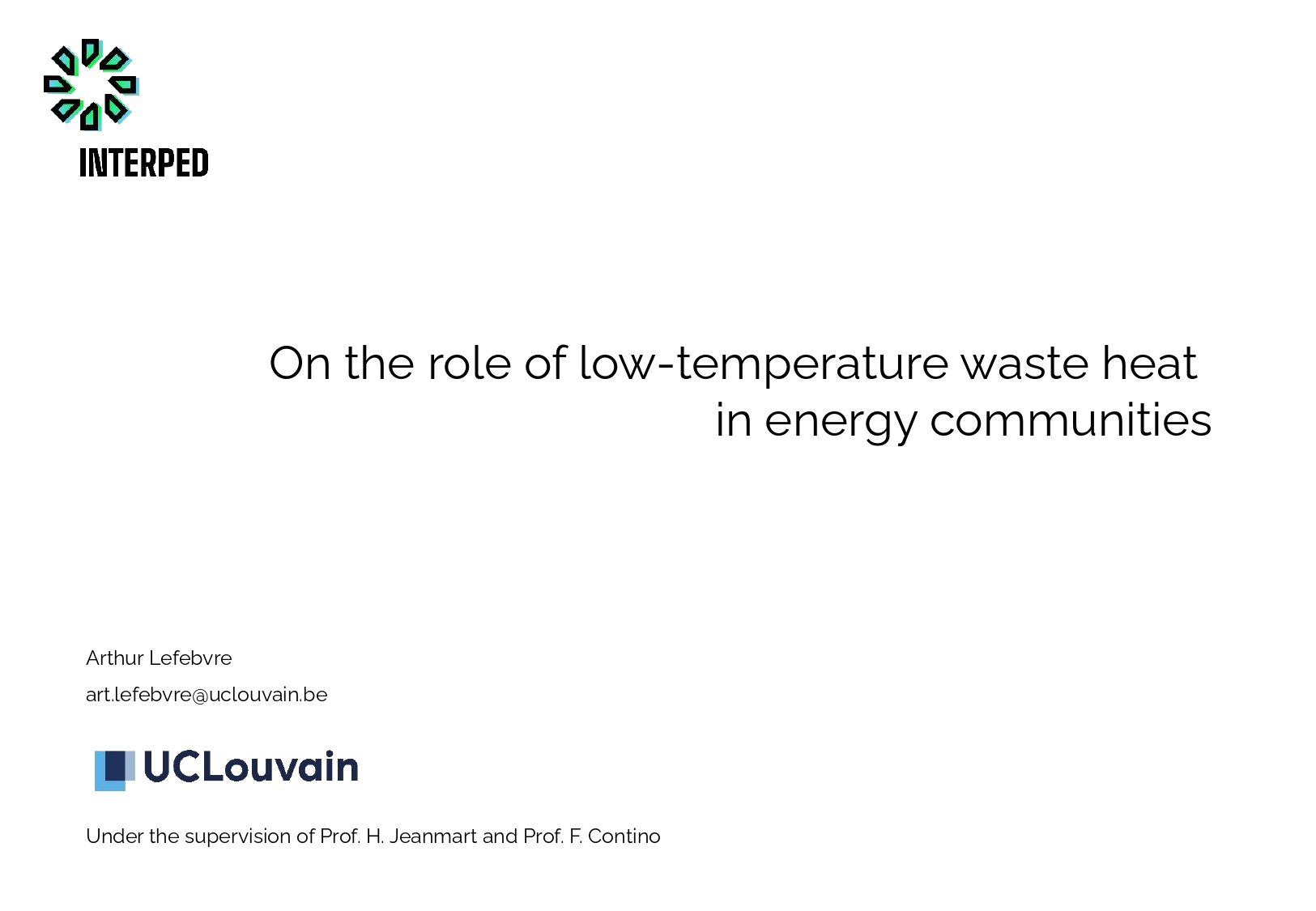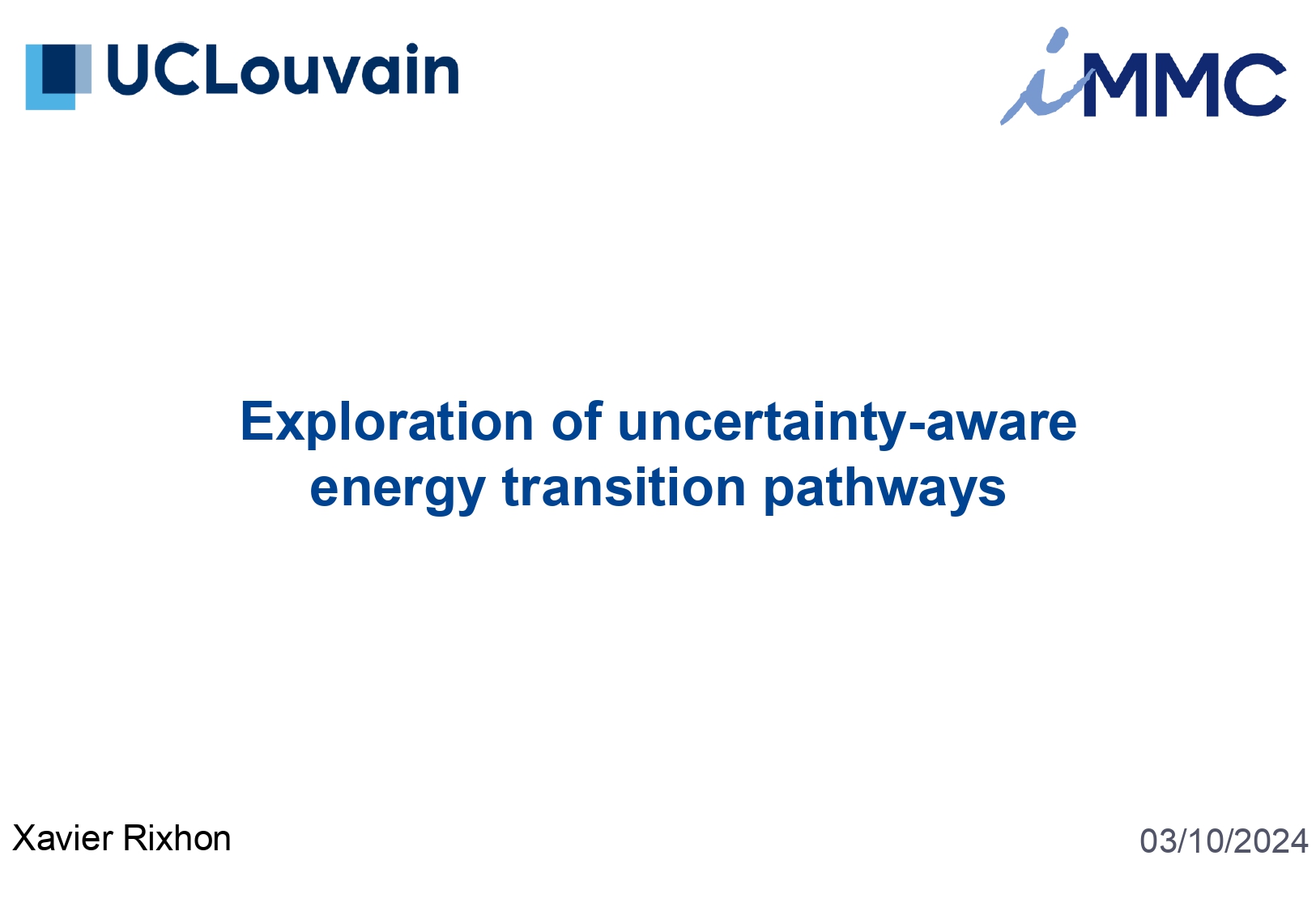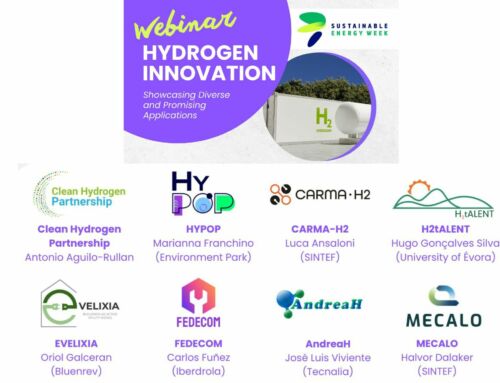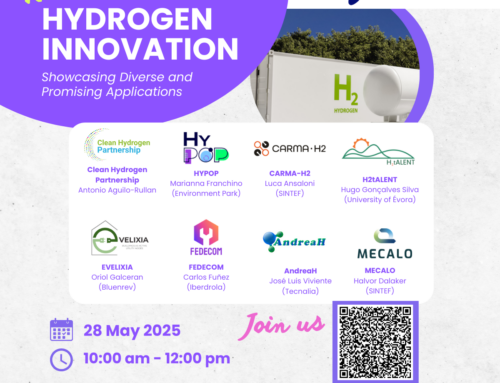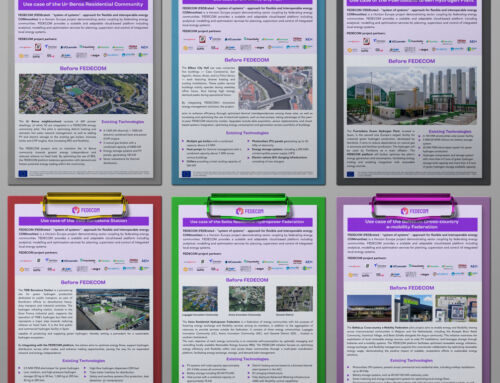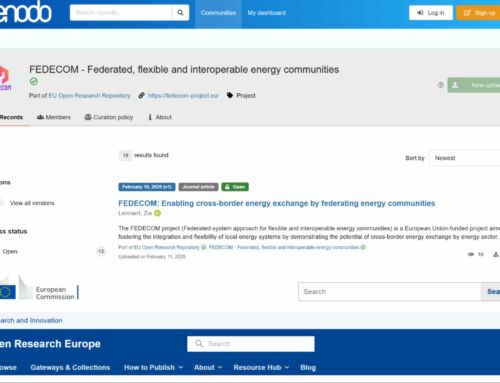On October 3-4, 2024, Université catholique de Louvain (UCL) (FEDECOM project partner), Haute École spécialisée de Suisse occidentale (HEVS), and the Swiss Federal Institute of Technology in Zurich (ETH Zurich) co-organized the EnergyScope Symposium in Zurich, Switzerland.
The EnergyScope Symposium brought together researchers, industry professionals, and policymakers to explore developments in energy systems modeling, particularly the applications of EnergyScope*. Hosted at ETH Zurich, the event featured over 30 participants from institutions worldwide, including France, Switzerland, New Zealand, Canada, Belgium, and Italy. Along with the organizers, participating institutions included École Polytechnique Fédérale de Lausanne (EPFL), the French Alternative Energies and Atomic Energy Commission (CEA), and the University of Padova, among others.
Key workshops focused on interdisciplinary collaboration and long-term energy strategies, fostering critical discussions. Participants identified synergies for future energy policies and research directions.
For more details on the event, as well as presentations from speakers from the Université catholique de Louvain, please refer to the attached documents (click directly on the images below to access the presentations).
(*) EnergyScope is an open-source, energy system model developed to assist in the planning and optimization of energy systems, especially at the national level. It is designed to support decision-makers and researchers in analyzing different scenarios for energy transition. The tool helps evaluate how various energy policies, technologies, and resources can contribute to achieving sustainability and climate targets. The EnergyScope’s main features are:
• Whole-System Modeling: It takes a comprehensive view of the entire energy system, including electricity, heat, and transport sectors, as well as their interactions and dependencies.
• Optimization and Cost Analysis: EnergyScope includes optimization algorithms that minimize the cost or emissions for a given energy system setup, which helps in designing efficient, cost-effective solutions.
• Renewable Integration and Storage: The model can integrate renewable energy sources and consider energy storage options, an essential aspect of low-carbon and sustainable energy systems.
• National-Level Scenarios: It’s often used for country-level studies, where it can assess the impact of various energy policies, technology adoption rates, and changes in energy demand or resource availability.
• User-Friendliness and Open Access: EnergyScope is designed to be accessible to a wide range of users, including those with limited technical expertise, making it a popular choice for governments, NGOs, and academic researchers.
The model has been applied to various European countries, including Belgium and Switzerland, for scenario analysis related to the energy transition and decarbonization goals.

